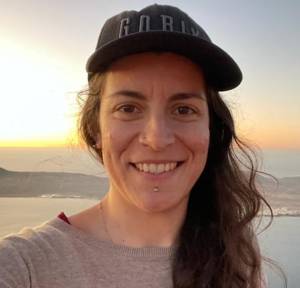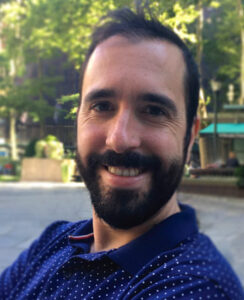PEOPLE
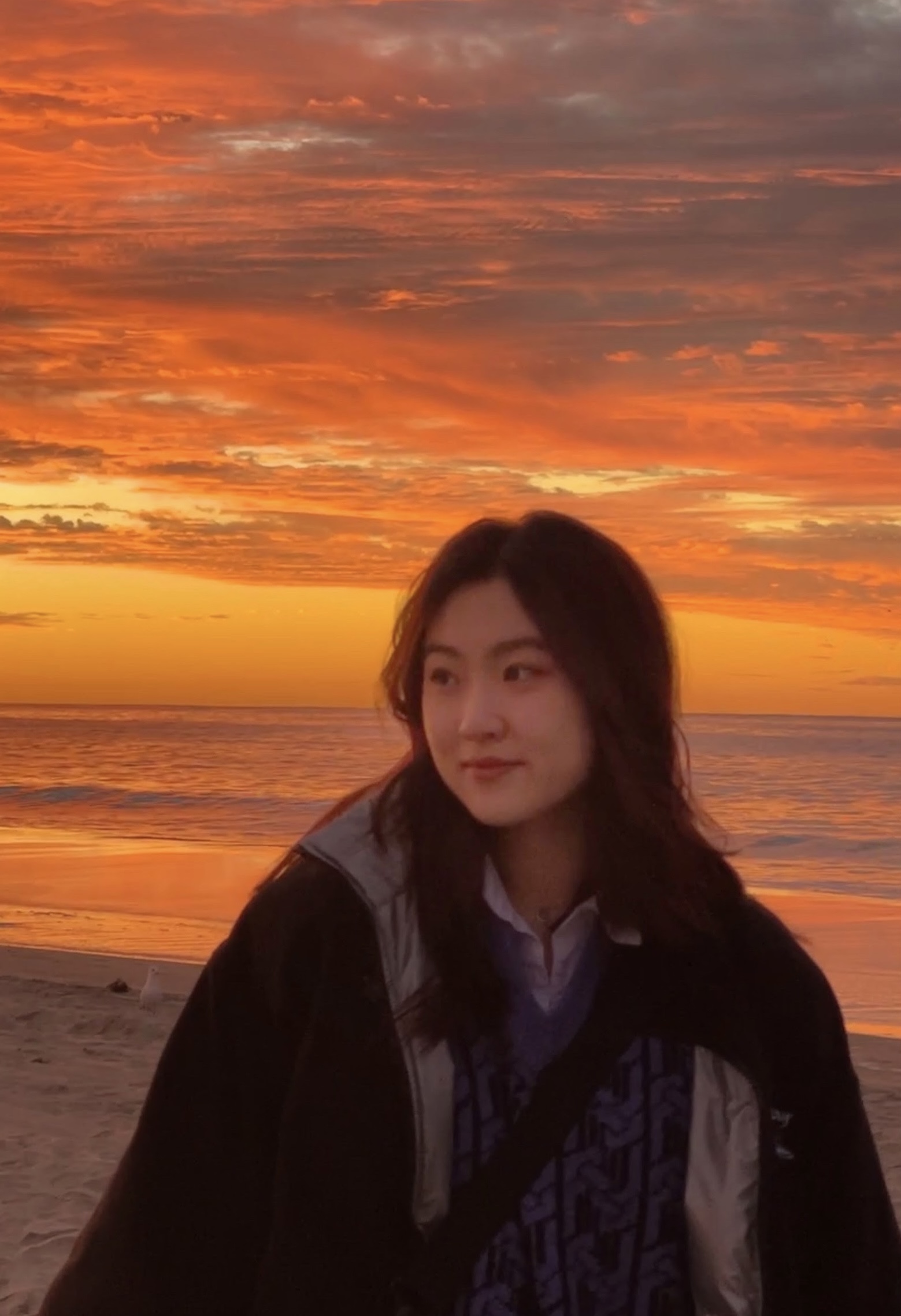
Shelly Dong
Undergraduate Student
Shelly is a sophomore in the College of Agriculture and Life Sciences, where she is pursuing a major in Biological Sciences with a concentration in Neurobiology and Behavior. Her fascination with Neuroscience began in high school when she attended a neuroscientist’s talk, and she has since developed a strong passion for the field. To her, Neuroscience feels like a scientific version of magic, blending elements of real-life science fiction with the complexities of the brain and nervous system. Shelly is particularly interested in the areas of learning, memories, emotions, and mental disorders. In the lab, she enjoys acquiring new skills and techniques, and she also likes spending time with everyone’s favorite doggo, Penelope.
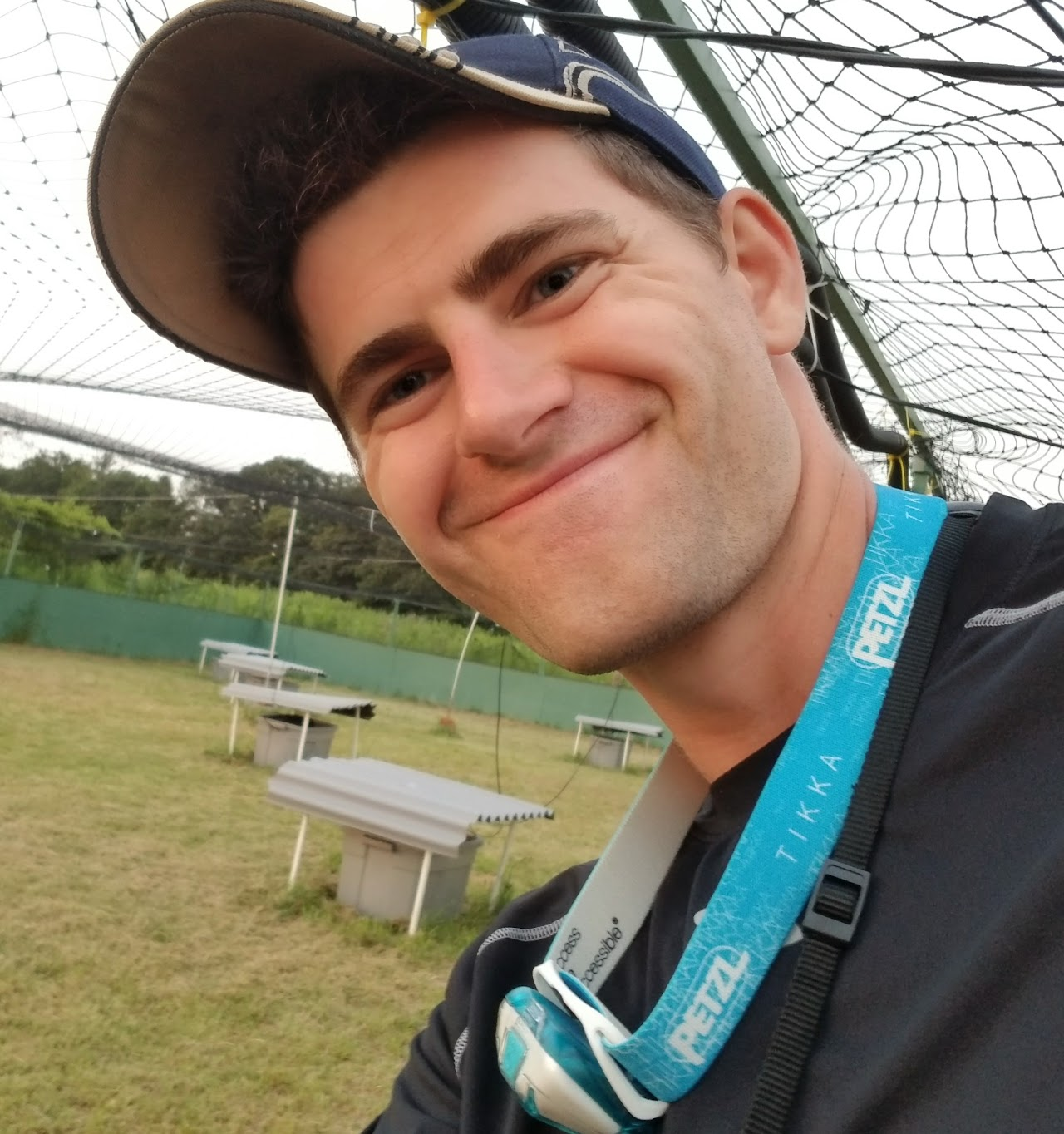
Caleb Vogt
Graduate Student
Caleb received his B.S. from the University of Michigan in Neuroscience and Evolutionary Anthropology, where he completed an honors thesis investigating oxytocinergic modulation of striatal dopamine release in the monogamous prairie vole. The focus of his PhD work in the Sheehan Lab is on investigating the behavioral mechanisms underlying territory formation in wild and laboratory mice under naturalistic outdoor field conditions. In the AyA lab group, he is currently working to merge his interests in neuroscience and behavioral ecology to understand how the neural mechanisms underlying social and spatial attachments function in mice living within complex territorial social structures outdoors.
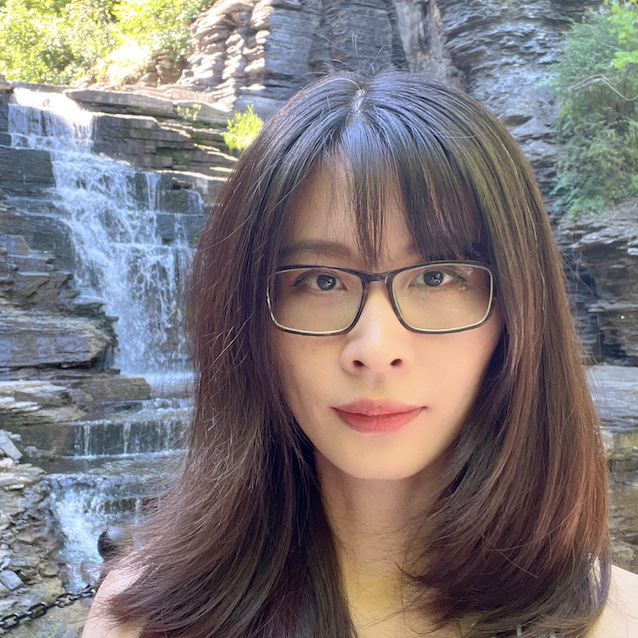
Wenbo Tang
Postdoc
Wenbo received her bachelor’s degree in Biomedical Engineering from Tsinghua University in China, where she completed her thesis research examining the function of auditory midbrain neurons in spectrotemporal processing of sound in Dr. Bo Hong’s lab. She then earned her Ph.D. in Neuroscience in Dr. Shantanu Jadhav’s lab at Brandeis University. Her Ph.D. work aimed to understand how the brain’s memory system supports flexible navigation and decision-making, with a focus on the hippocampus and the prefrontal cortex. Her research has shown that coordinated neural activity across the two regions, manifested as replay and theta sequences, can form rich patterns of representations from behavioral experience, and thus has the potential to extensively increase the flexibility of navigational behavior. As her next step, she joined Dr. Antonio Fernandez-Ruiz and Dr. Azahara Oliva’ labs at Cornell University as a postdoc, and wants to crack the neural coordination mechanisms by harnessing new tools for large-scale recording and precise manipulation of circuit-level dynamics.
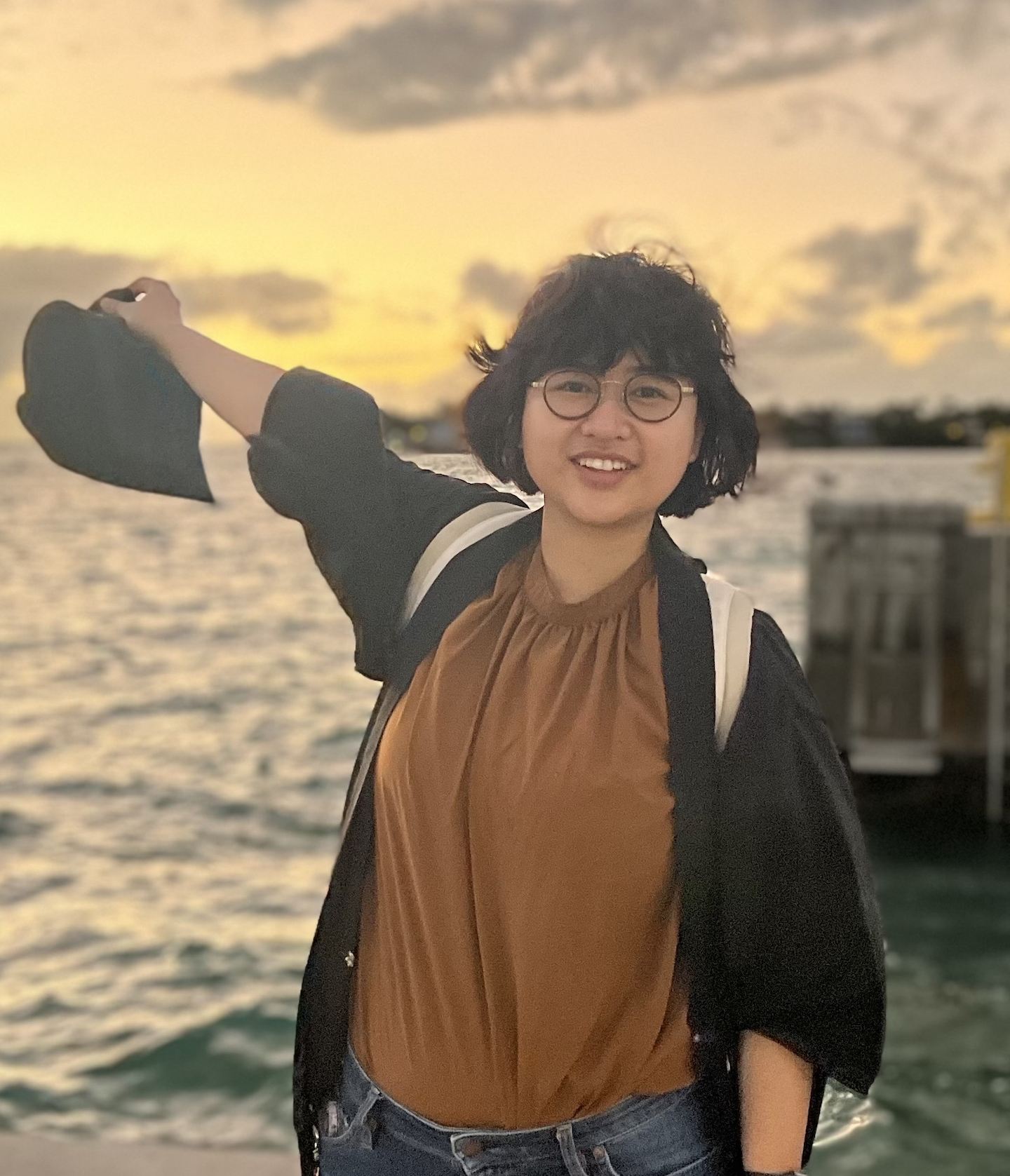
Hongyu Chang
Graduate Student
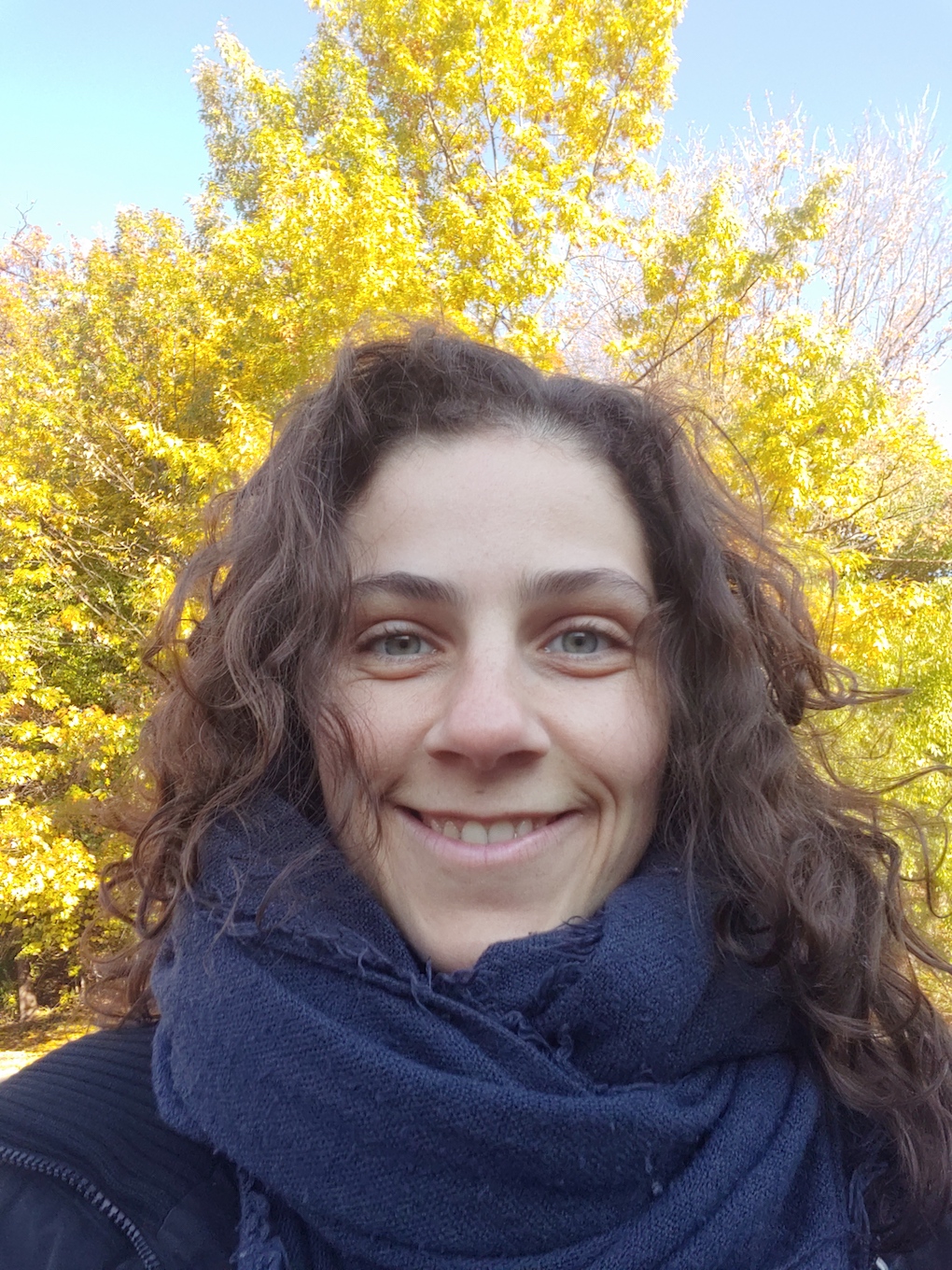
Ralitsa Todorova, PhD
Postdoc
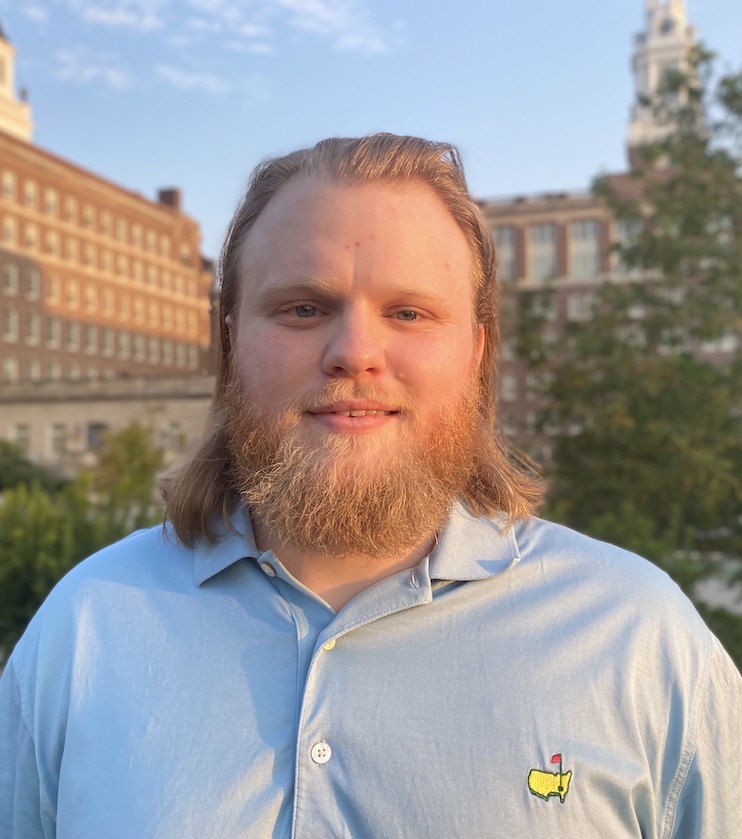
Heath Robinson
Postdoc
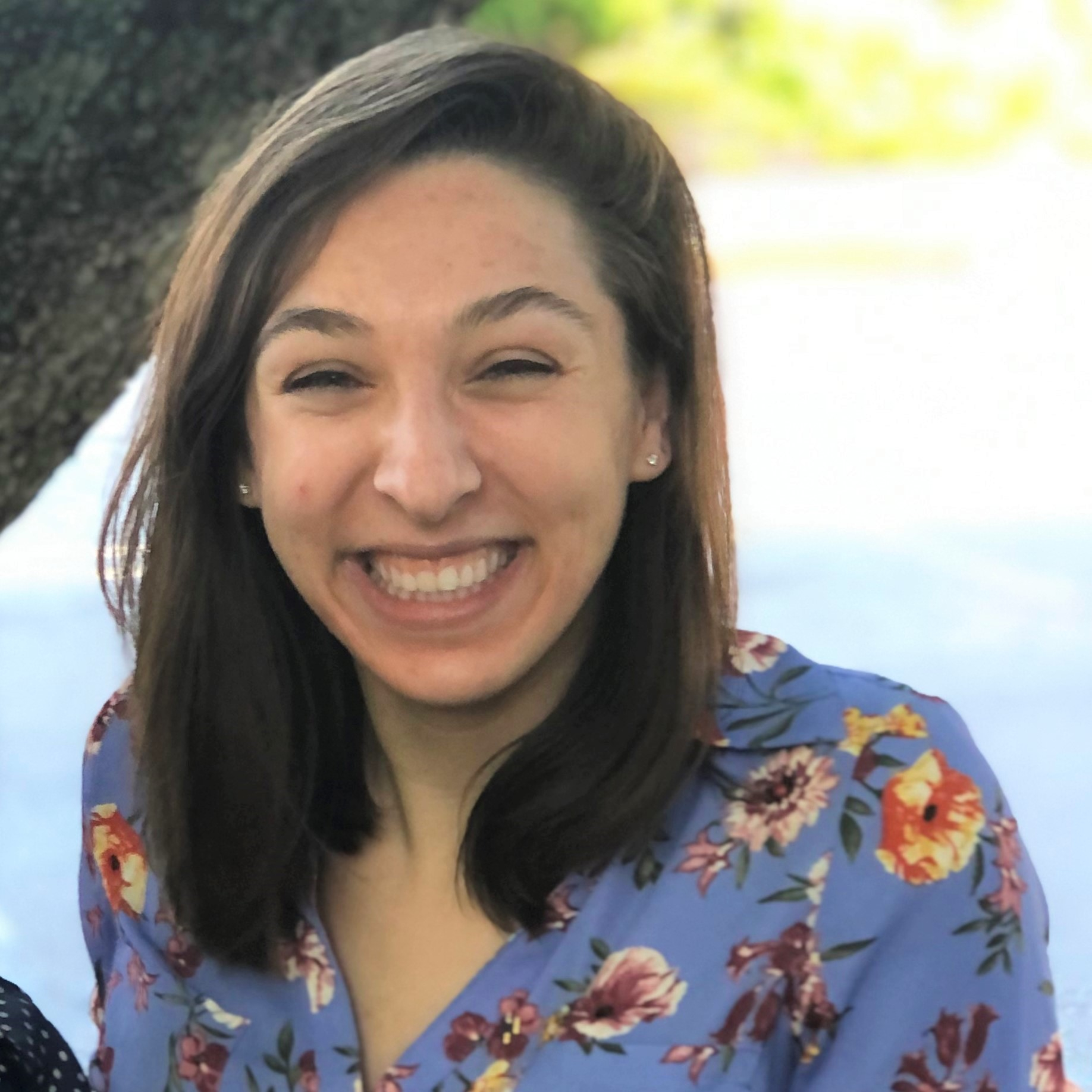
Lindsay Karaba
Graduate Student, NSF Fellow
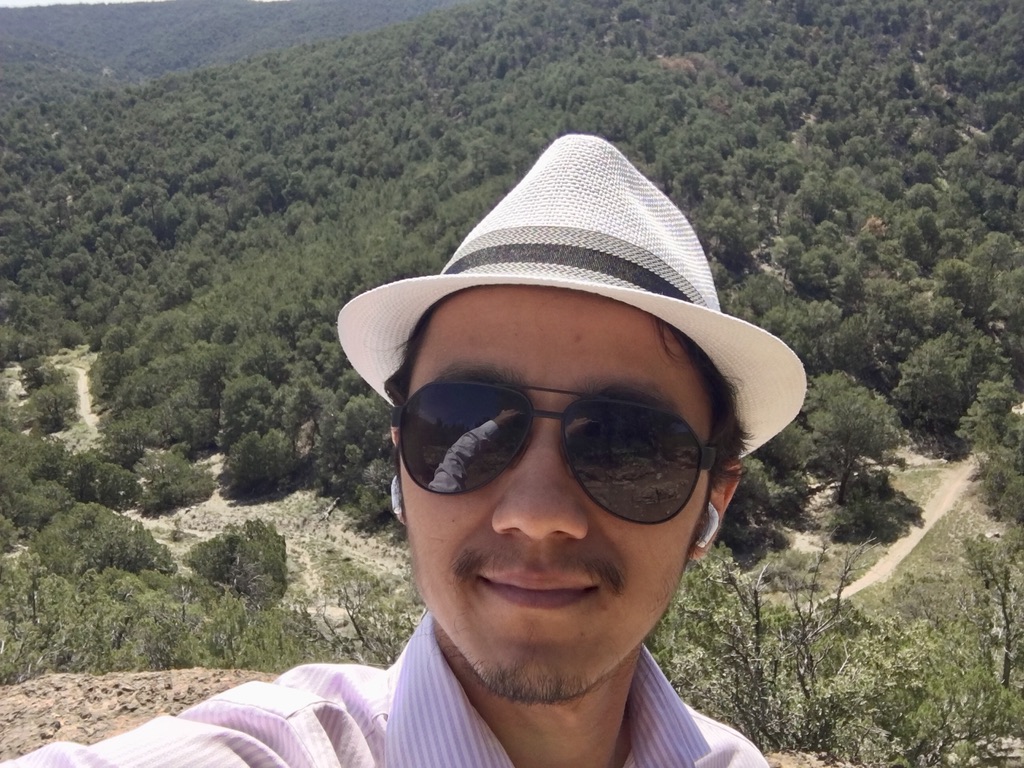
Praveen Paudel
Graduate Student
How does learning change the brain? By using molecular, systems and computational approaches, Praveen wants to study neural dynamics that could generate abstract representation and guide social behaviors. Praveen is a Ph.D. student in the Department of Neurobiology and Behavior at Cornell. He developed a keen interest in neuroscience during his master’s at the University of New Mexico where he worked with Dr. Nikolaos Mellios to explore the potential significance of circular RNAs in developing mouse brain, and Dr. Sam McKenzie to test synaptic plasticity rules in the awake behaving mouse.
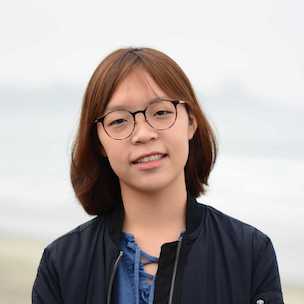
Can Liu
Graduate Student
Can is a PhD student in the Department of Neurobiology & Behavior at Cornell. She graduated from UC San Diego with a major in Cognitive Science, where she learned to use electrophysiology to explore the neural dynamics in the hippocampus and subiculum of rats during navigation. She is interested in learning probe recordings, circuit manipulation tools and computational analysis to further investigate the mechanisms giving rise to learning, memory, and other complex behavior on the cellular and system level.
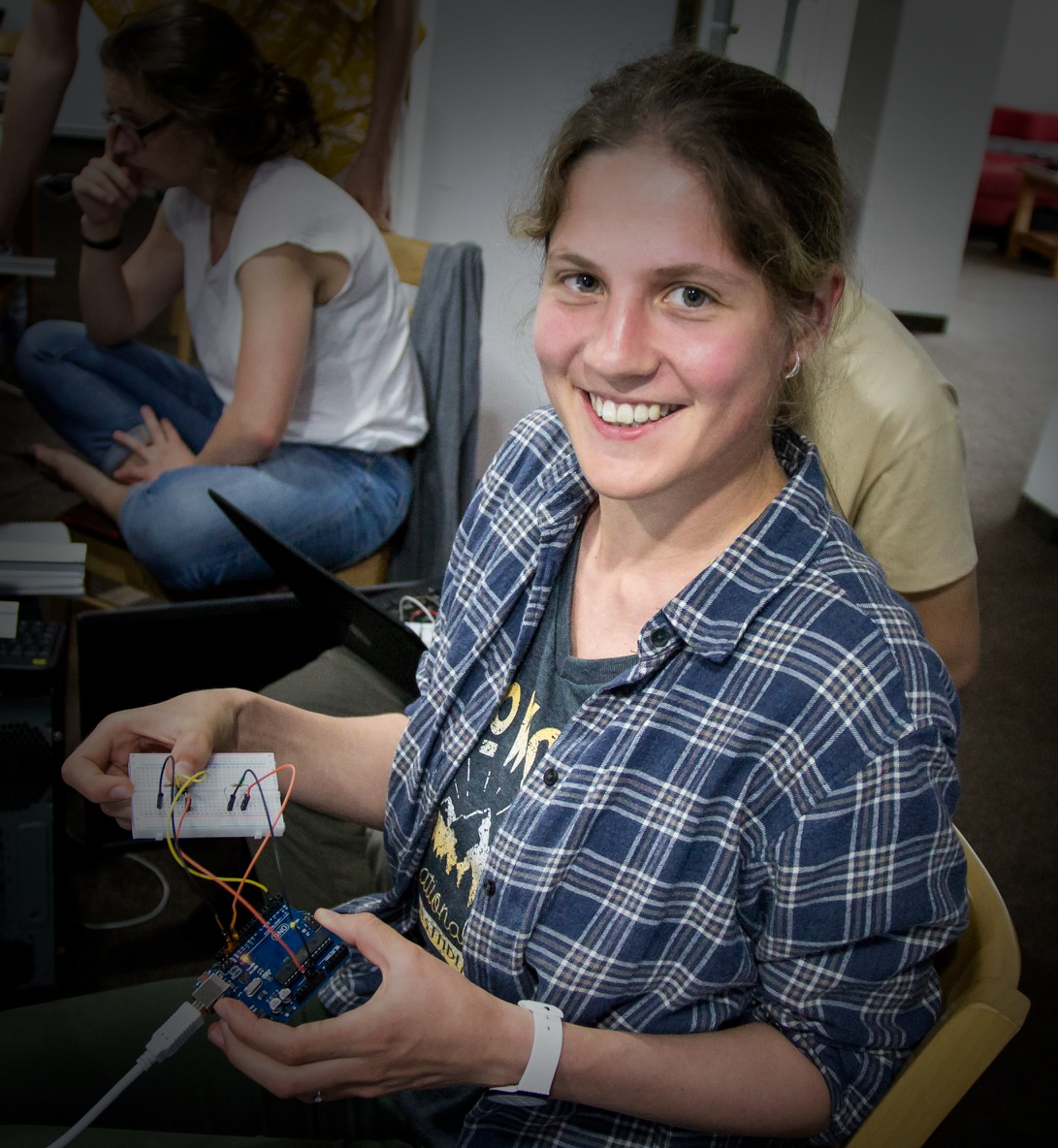
Anna Gruzdeva
Graduate Student
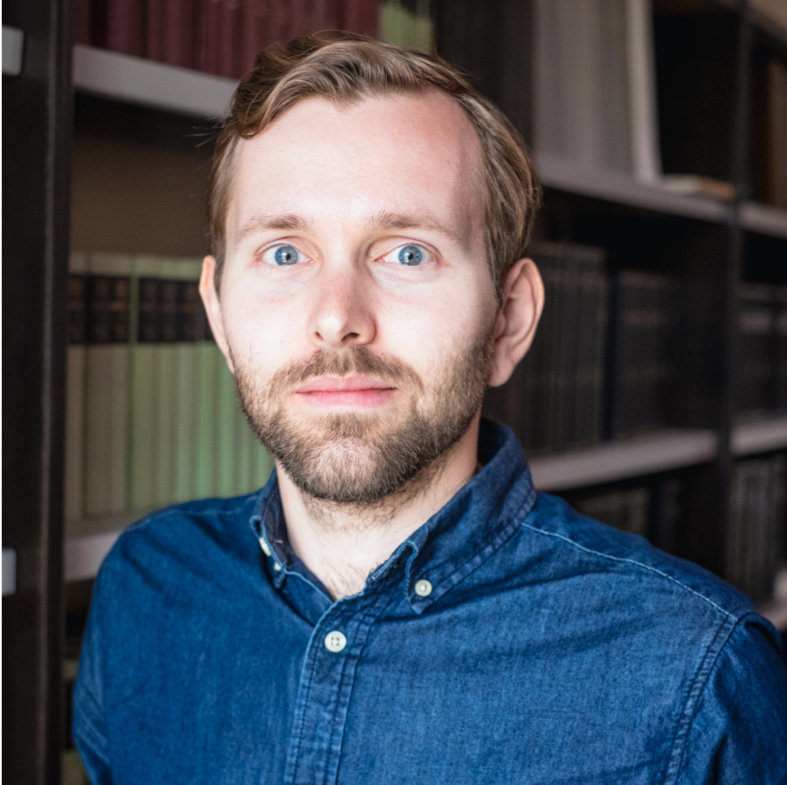
Ryan Harvey, PhD
Postdoc
Ryan’s research interests broadly involve exploring circuit-level dynamics related to behavior & memory. He received a bachelor’s degree from Purdue University where he had a variety of research experiences, including exploring human navigation and memory in virtual environments as well as recording single unit hippocampal neurons in freely moving rodents. During his Ph.D. at the University of New Mexico, he investigated how neurodevelopment disorders affect hippocampal place cell and sharp-wave ripple activity. He is currently investigating the diversity of ripple-associated cell sequences using closed-loop optogenetics, silicon probe recordings, and advanced analytical tools.
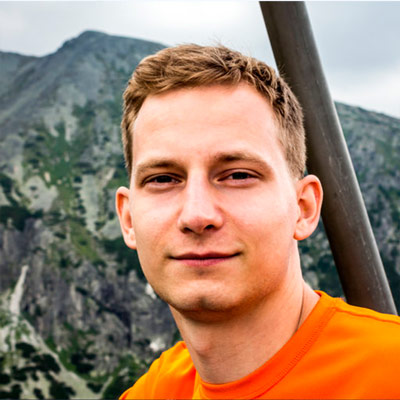
Gabor Kozak, MD, PhD.
Visiting postdoc
Gabor is currently a Neurology resident and researcher at the University of Tuebingen (Germany) and a visiting postdoc in the lab. He investigated the mechanisms of thalamo-cortical epilepsy in rodents and developed closed-loop systems to manipulate seizures during his PhD in the lab of Antal Berenyi at the University of Szeged (Hungary). He is interested in the mechanisms of generation of sleep spindles and their functional role in memory consolidation, and in applying closed-loop manipulations of brain dynamics as a potential therapeutic intervention in disease.
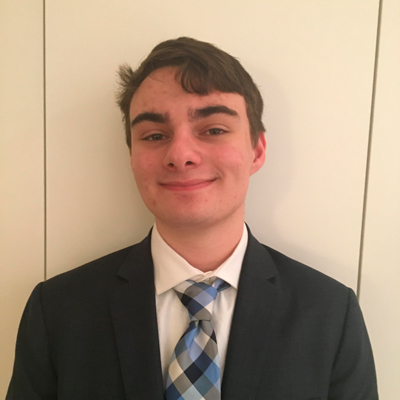
Jacob Kerr
Undergraduate Student
Jacob is currently an undergraduate student in the College of Engineering at Cornell University, planning to major in computer science. He has previously worked in the lab of Luke Sjulson at the Albert Einstein College of Medicine analyzing various dimensional reduction algorithms and their efficiency and accuracy at processing neuronal spike data from the nucleus accumbens. He also worked with machine learning toolboxes to analyze differences in spike train dynamics and their relation to neural oscillations. He is interested in software development, particularly algorithms, and the intersection of computer science, neuroscience and various other disciplines.
ALUMNI
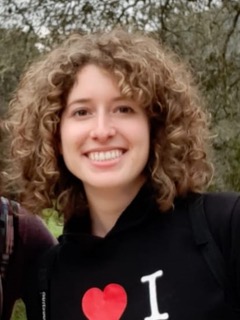
Teresa Romero Barragan
Visiting PhD Student
Teresa visited our lab while she was a graduate student in Neuroscience at Pablo de Olavide University, Seville (Spain), where she also completed her degree in Biotechnology and Master’s degree in Neuroscience and Behavioral Biology. She investigated the trans-synaptic effects of long-term potentiation (LTP) in the mice hippocampus by using electrophysiological techniques. In our lab, she specialized in running behavioral assays of mice performing a visual guided task, doing electrophysiological recordings and analysis of brain signals.
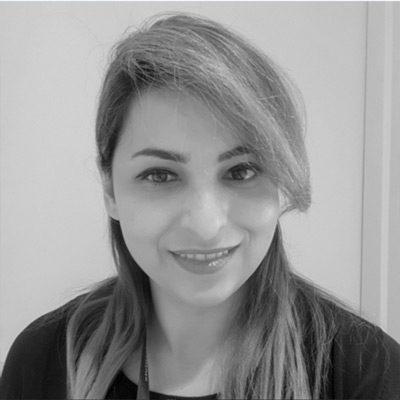
Farnaz Sharif, PhD
Postdoc
Farnaz investigated how various subpopulations of the hippocampal region support the different features of spatial navigation and memory.
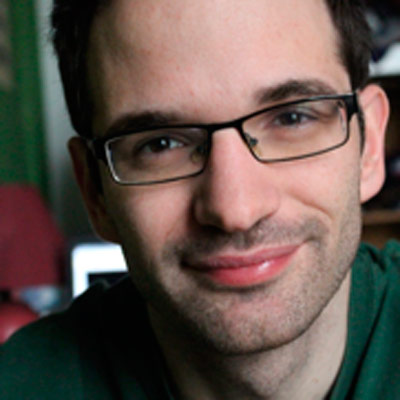
Gergo A. Nagy
Research Associate
Gergo used closed-loop optogenetics, silicon probe recordings and molecular tools to investigate the role of sharp-wave ripples in learning and memory. He is currently a PhD student in the laboratory of Dr. Norbert Hajos.
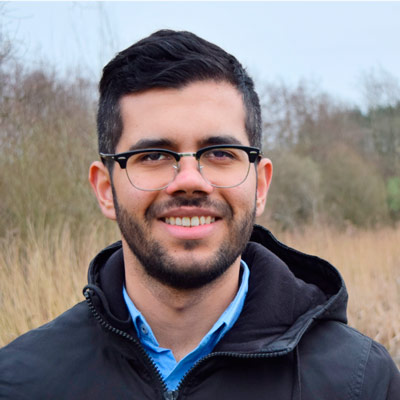
Eliezyer Fermino de Oliveira
Master student
Eli investigated the role of specific manipulations of sharp-wave ripples in disrupting and improving memory. He is currently a PhD student in the laboratory of Dr. Luke Sjulson at Albert Einstein College of Medicine.
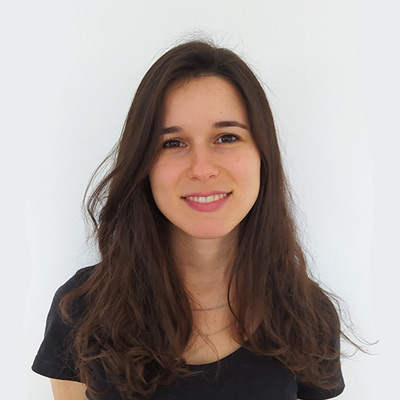
Florbela da Rocha Almeida
Visiting PhD student
Flor investigated how the hippocampus and entorhinal areas coordinate during learning spatial and object-oriented tasks. She is currently a PhD student at the University of Pablo de Olavide in Sevilla.
